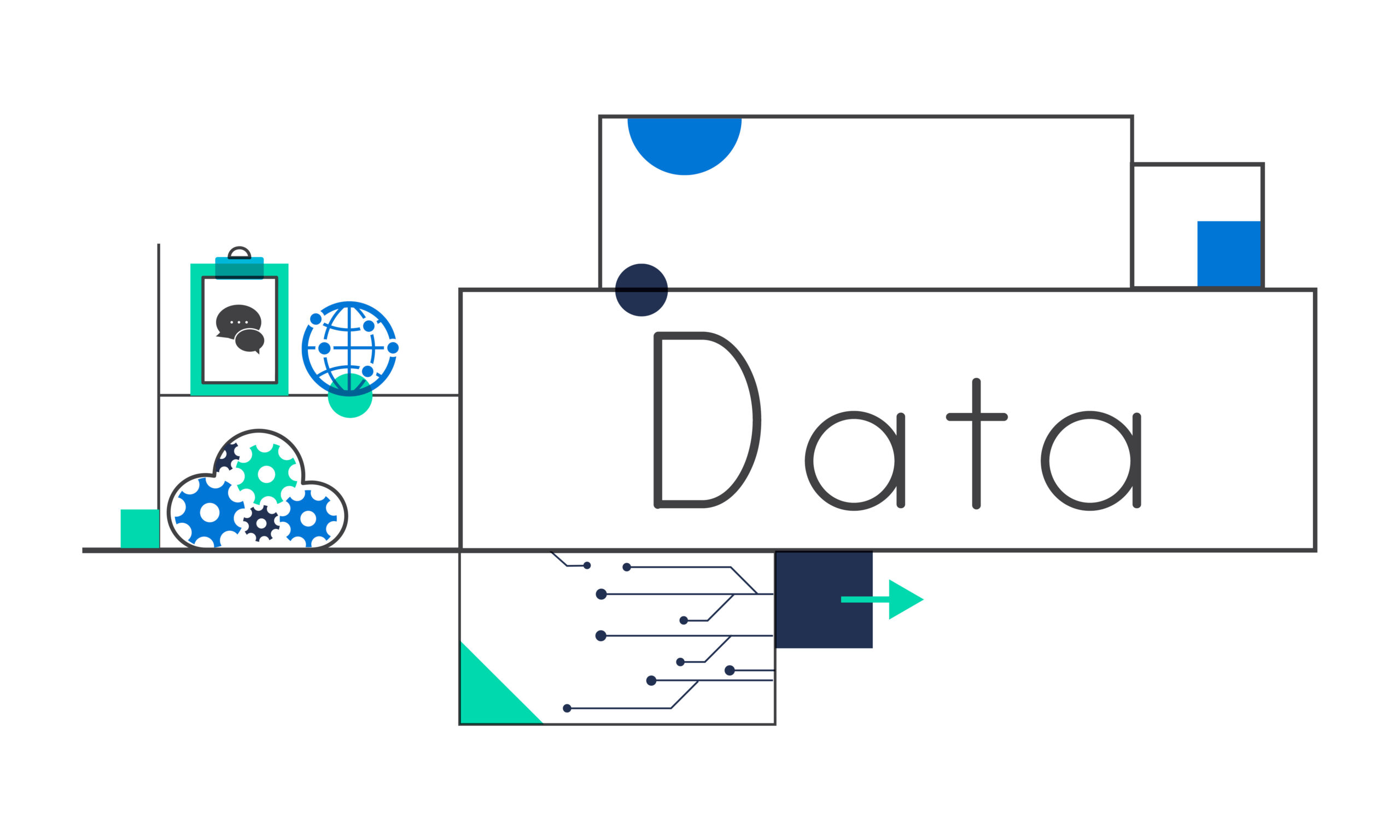Data Science vs. Artificial Intelligence

What is data science?
Data science is a multidisciplinary field that encompasses various techniques, processes, algorithms, and systems for extracting insights and valuable information from structured and unstructured data. It combines elements of statistics, mathematics, computer science, and domain knowledge to analyze large data sets and discover patterns, trends, and actionable information.
Data scientists use a wide range of tools and programming languages such as Python, R and SQL to collect, clean and analyze data, making them an important discipline for companies looking to make data-driven decisions.
Benefits of data science:
- Data-driven decision making : Data science enables businesses to make informed decisions based on evidence and facts.
- Versatility : It can be used in a wide range of industries, from healthcare to finance to marketing and sports.
- Predictive analytics : Data science enables forecasting and prediction, helping companies prepare for the future.
- Improved efficiency: By automating data analysis, data science reduces manual effort and increases efficiency.
Disadvantages of data science:
- Complexity : Data science can be complex and requires a deep understanding of statistics and programming.
- Data quality : It depends heavily on data quality, and inaccuracies in the data can lead to misleading insights.
- Resource intensive : Data science projects can require significant computational resources and time.
- Data protection : Handling sensitive data raises data protection and security issues that need to be resolved.
What is artificial intelligence?
Artificial intelligence (AI) is a broader concept that aims to create intelligent machines capable of performing tasks that normally require human intelligence. These tasks include learning, logical reasoning, problem solving, perception, language comprehension, and decision making.
AI systems are designed to mimic human cognitive functions and operate autonomously. Machine learning, a subfield of AI, plays an important role in developing intelligent systems by training algorithms on large data sets to recognize patterns and make decisions or predictions.
Advantages of artificial intelligence
- Automation : AI systems can automate repetitive tasks, reducing human effort and errors.
- Scalability : AI models are able to process large amounts of data and perform complex calculations.
- Speed and efficiency : AI systems can process and analyze data much faster than humans.
- Continuous learning : Machine learning models can be improved and adapted with more and more data, increasing accuracy.
Disadvantages of artificial intelligence
- Lack of understanding : Deep learning models can be difficult to interpret.
- Data dependence : AI models are highly dependent on the quality and quantity of data, which can lead to bias if the data is not representative.
- Initial costs : Developing and implementing AI systems can be expensive.
- Ethical concerns : AI can raise ethical questions about privacy, bias, and job loss.
Similarities between data science and artificial intelligence
Although data science and artificial intelligence take different approaches, they share a number of similarities. Three of the most important are the following:
- Use of data : Both areas rely on data as their main resource, even though they serve different purposes.
- Machine Learning: Machine learning is a common technique used in both data science and AI to analyze data and make predictions.
- Problem solving : Both aim to solve real-world problems, be it optimizing business processes or developing autonomous vehicles.
Differences between data science and artificial intelligence
Below is a brief comparison of the key differences between data science and artificial intelligence:
| aspect | Data Science | Artificial intelligence |
| Objective | Extraction of knowledge and information from data | Creating intelligent systems |
| Approach | Analysis, data preparation, visualization | Learn, draw conclusions, make decisions |
| Applications | Data-driven decisions, analyses, reports | Autonomous systems, robotics, chatbots |
| Tools/Languages | Python, R, SQL, Tableau, Excel | TensorFlow, PyTorch, Keras, NLTK |
| Methods | Statistical analysis, data mining, clustering | Machine learning, neural networks, NLP |
| Examples | Customer segmentation, sales forecasts | Autonomous cars, virtual assistants |
| Role | Informed about decisions | Makes independent decisions |
Conclusion
In conclusion, the choice between data science and artificial intelligence depends on the specific needs and goals of a project or organization. Data science is fundamental to extracting insights from data and enabling data-driven decision-making. In contrast, artificial intelligence focuses on developing intelligent systems that can perform tasks autonomously.
The two fields often overlap, with machine learning being a common denominator. Companies must evaluate their goals and resources to decide which approach, or a combination of both, best fits their needs. Ultimately, the synergy between data science and AI can enable companies to harness the full potential of data for innovation and growth.
